Phone Scammers: How Do You Know if they’re scammers?
These days, it is hard to know what’s legit and what’s not. This goes for phone calls, the beach babe your chatting to on Facebook, or that hunky Army guy you met on Tinder. We all know what a phone scammer is, but how good are you at catching the really good phone scammers?
Scammers have been scamming, since day one. There will always be good guys and bad guys. Therefore, it’s no surprise phones scams are one of the big ‘go-to’ mediums to do a scam. Sometimes, it’s pretty easy to identify a phone scam, others are rather difficult, even for experts! But, when you know what to look out for, you put the odds back in your favor. Play it smart and read on.
Many of us have indeed experienced a scam call, most likely this month. I’m pretty sure, you’ll have a few scam emails in your email account right now, something about winning a lottery no doubt.
Best advise? If someone is trying to scam you on the phone, waste their time, play with them a little, get their hopes up…them leave them a big steaming pile of…., you know what I mean, at the end of the call.
How do you recognize a scam call?
- No one should be asking for your password, pin, or mothers maden name, on the phone!
- Real companies, do not threaten you.
- If you ask a question, they should answer. They should not be evasive.
- If you try calling them back..the number does not work.
- They start the call with ‘you have won..’, or, ‘you have been selected’.
- They try to use high pressure tactics, such as ‘this is the last one left!’.
- Start the call by asking you confirm some private informaiton.
- They start the call with ‘Have you been invovled in xyz’
- The call is an automated voice
There are a lot more signs, but it generally comes down to your own personal awareness (and knowledge). Everyone’s awareness differs, but your knowledge can increase by reading articles like this.
Understanding the plot

There are more than 7 million calls reported in the US, every month. Government-funded organisations are constantly fighting to reduce this, it costs the nation millions. Ransomware, phishing, and other malware are not included in those numbers either! To be fair to the government, a lot is being done behind the scenes to keep you safe from scams, but there’s a lot that you can do to keep yourself safe from scams.
Scammers are continually trying to target people who don’t know much about technical or complex areas (the elderly or vulnerable). They will try to confuse them and pressure them to transfer or share the money quickly or share their private details without giving enough time to think wisely.
To identify a scammer, you need to think like a scammer. Obviously, you don’t need to be a scammer to do this, but you need to be mindful of the things happening around you and how they can loot you. If you receive a phone call from an unknown number, just remember that you need to play safe and keep your information safe. Always check if the scammer is calling from an unknown number.
Scammers are clever (some!), and they try every story you could imagine, to try and manipulate. Once they have you hooked, you’re on a ‘list’, that other scammers share. They will bleed you try, without you even noticing.
Spot the Scam Signs
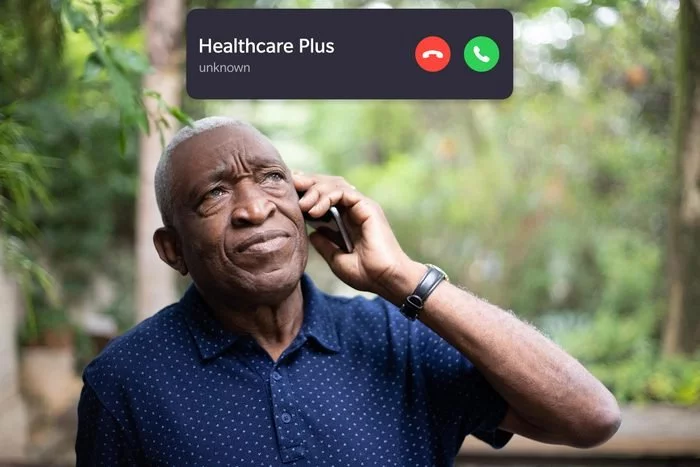
Phone scams are always sound exciting and rushed, and they seek your attention by making tempting offers, claims to be a government official, or appeals for donations. They always try to offer you less time to think through their pitch, and they always want you to make a decision quickly.
Apart from their message or behavior, the goal of a phone scammer is to get you to a point where they want you to share money or your personal information.
Here are some common signs to identify a phone scam:
- Using tempting limited-time discount offers and high-pressure sales tactics.
- A claim to tell you that you have been selected specially.
- Hesitancy to answer your questions about their offer or business.
- Requests you to confirm your personal information.
- Asking for your credit card or payment method for “shipping and handling.”
- Requesting payment through other means than a credit card, including gift card, cash, private courier, or wire transfer.
- Threatening you if you don’t cooperate.
- They make use of a prerecorded message to make phone calls.
- Claims that there is some virus on your computer or asks you to log in to your computer.
- Claims to be a friend or relative who is in urgent need of money. But they don’t let you have enough time to think and contact others.
Phishing Scam: Bank SMS
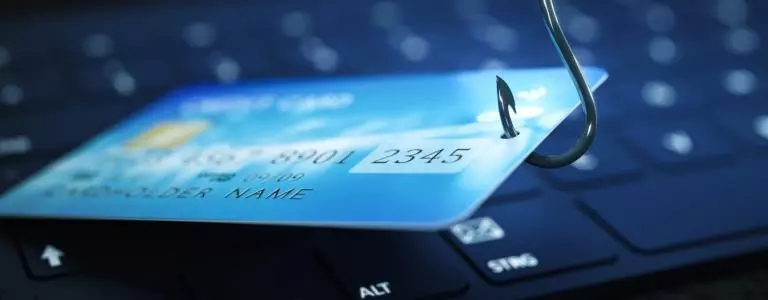
Scammers are clever, and they know how to use technology and loot people. Sometimes, it happens that you receive an SMS from the official number, don’t think that all the following messages can be real. Scammers are good at spoofing real email addresses or phone numbers; they try everything to make it look that they are contacting you from a legitimate source.
You can receive a message from the same number that was used to send you a legitimate SMS. However, it should be kept in mind that you will only find information in legit messages. It may ask you to log in to your account but never shares any links that can lead you to potentially malicious websites.
A scam SMS comes with a link that can lead you to a phishing website. Such websites are used to trick you into sharing your personal information like your passwords, bank account details, and credit card details. Even if a text seems legit, it is better not to open any links, and there is no need to log into your account by clicking on the URL. You can manually type the bank’s URL in your browser to be safe.
Moreover, keep in mind that legitimate websites contain sensitive information, and they use HTTPS, not HTTP, but don’t settle on this only; some scam websites also make use of HTTP.
Scams mostly create a sense of urgency, but there is no need to rush. Take your time and think about what a message is asking you to do and consider if it is real.
Common Types of Phone Scams
More than half of all scams begin with just a phone call. Here are some of the common ways that scammers use to trick you:
Never Give Bank Details
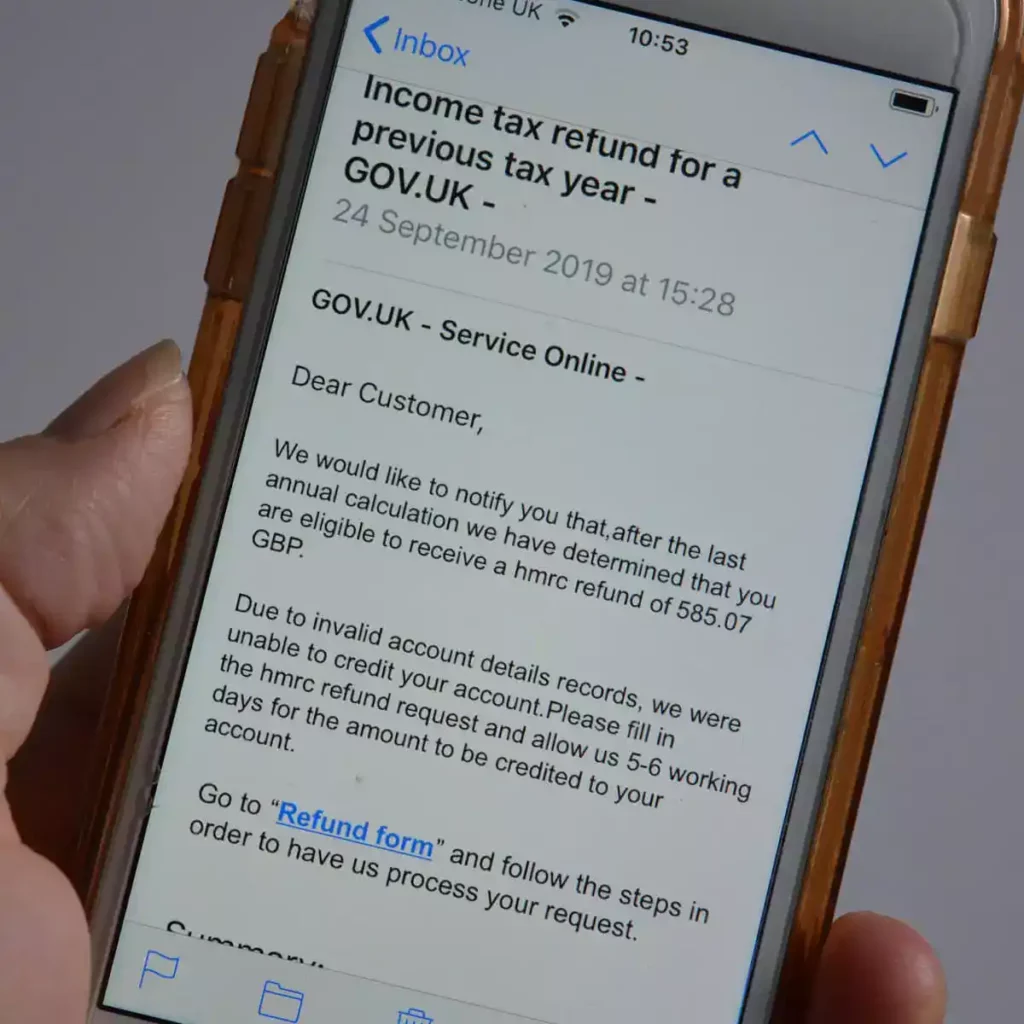
In this scam, a fraudster may contact you and pretends to be from your bank, and call you to say that you have been a target of fraud.
There are several variations of this scam.
The scammers can ask you for your personal and financial information for getting access to your bank account or committing any identity theft.
They may tell you that your account is in danger, and they need some information to make your account secure.
What to Do if You’ve Been Scammed?

It is better to wait for 20 minutes before contacting your bank on a trusted phone number and asking them about it. It is because scammers can keep the phone lines open. You may think that you are making a new phone call but the truth is that line can be still open to the scammer who is pretending to be a different person from the bank or maybe another official. The best thing is to make use of a different phone or call someone else in the meantime.
Don’t Give Access to Your Computer
Sometimes scammers call you and claim to be from a popular software company, telling you that there is some problem with your computer and require remote access to your computer for fixing it.
They can ask you for a fee for their services or they will get permanent access to your data that can be helpful for them to commit identity theft, ask you for ransomware against your data, or steal your bank account details.
Investment and Pension Scams

Scammers can call you to offer a chance to buy land banking, share sales, carbon credits, wine investments, diamonds, rare metals, or gemstones.
Another popular scam is false claims about pension loans. Millions of innocent people fall prey to these scammers every year and many of them have lost their entire savings to these investment scammers.
Protecting Yourself from Phone Scams
There are various ways that are helpful to keep yourself safe from being the next target of any phone scam. You can reject cold calls or get a call blocking service. However, it won’t be helpful to stop all scam calls, but it will definitely prevent cold calls.
Ask Questions

If you get a call from an unknown number, always ask the person’s name you are talking with and who they are working for. You can cross-check the information by making a call to the company’s office by contacting on a different phone line.
Always try to ask as many questions as you can to ensure that you won’t fall victim to an unknown caller scam. Never share your personal information, online bank account details, or credit card details unless you ensure that the phone number belongs to a trusted source.
Moreover, never predict that a person can be legit just because the number on your screen matches with the organization’s number. Scammers know how to clone telephone numbers of different organizations. They can use such numbers to scam you by acting as an official spokesperson.
It is ideal to avoid missed calls or text messages that come from unknown numbers.
Using Call Blocking Service
Mobile Phones
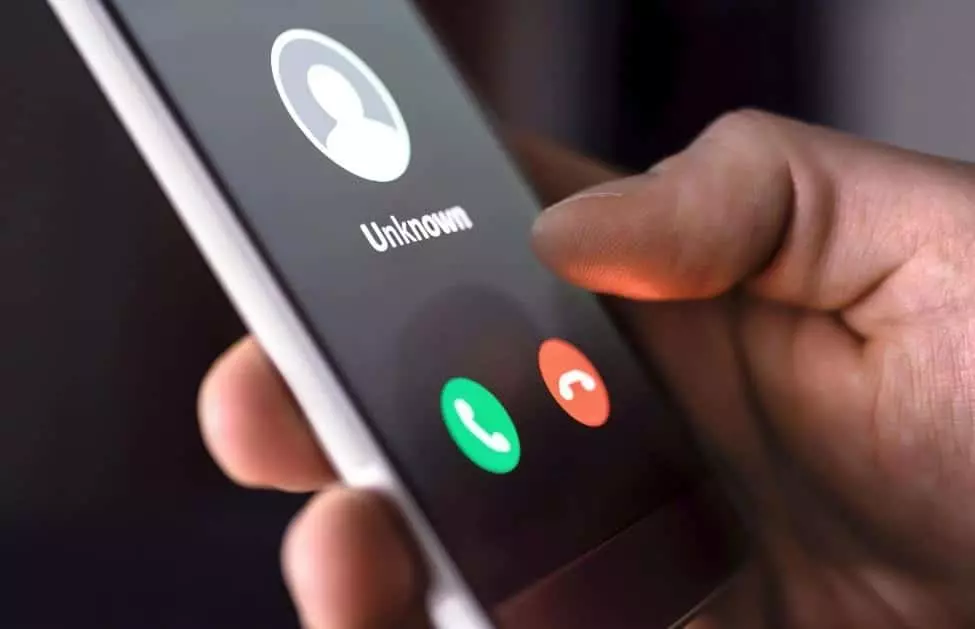
In order to block unwanted calls on your mobile phone, you can make use of a built-in call blocking app or download a third-party app. Such applications can be helpful in detecting scam calls by making use of blacklist databases or block numbers that have a high number of complaints.
Landline Phones
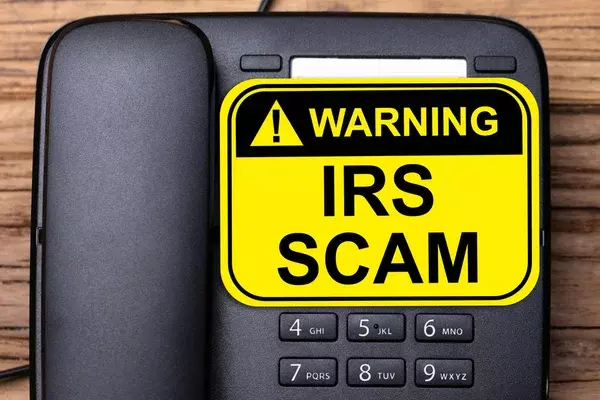
There are different call-blocking devices that you can get installed directly on your internet or home phone. However, not all services or devices work on all types of carriers or home phones, so you need to check if your company is offering any such service or device.
Moreover, many carriers are now offering call-blocking services. However, some carriers also provide these services free of cost, but another charge. You can check their website or call customer support to get more information about this service.
Reporting Scams or Scambaiting Calls

If you want to get revenge on a scammer, there are a few things and legal tactics that you can use to report or avoid scam calls.
The best and simple way is to ignore the scammer. A scammer’s ultimate goal is tome make money by tricking people into falling for their scam. It is better not to fall for any of their tricks and ensure that the time they spend on you is wasted.
There are so many different scams and frauds, and sometimes it is hard to figure out where you can report each type of scam. Collect all the details, including receipts, emails, and phone numbers, so that you can complete your report. This information can be used to learn where to report scams.
Can You Track a Scam Call?
If you have received a call from an unknown number and you feel that it can be a scam call, it is better to avoid it. However, if you fall victim to a scam and want to track the scam caller, you can report to an official and ask them to track the number. You need to share all the details with them so that they can track a scammer easily.
You can report the scam to your local government. If you have lost money or other possession due to a scam, ask your local government and police to help you.
Moreover, it is also good to report scams to the federal government. This report can be helpful for others to avoid a scam. Government agencies make use of these scam reports to track patterns of different scams. They are able to take any legal action against a scammer. However, usually, agencies don’t follow up the report, and they can’t recover your lost money.
Like many other professions, scammers also spend their time where it counts the most. Thus, the best thing you can do is to protect yourself against scams to avoid being a potential target for scammers.
Crowd-Source Reporting to stop scammers
As mentioned, the first action you should take, if you suspect a scammer, is to report to your local police/government organisation. However, secondly, you can now seek the global power of Crowd-Sourced anti-scam solutions. There are huge online communities, private investigators, retired cops, and vigilantes who hunt down scammers for fun! They catch them red-handed and hand them over to the authorities, pretty much with ‘case closed’ status. The leader in crowd-sourced reporting and discovery is none other than ScamSearch’s Global Scammer Database.
Final Words
There are millions of scams that happen to innocent people every year. The scammers usually target people who are vulnerable, but it doesn’t mean that you may safe. The more security-aware we all become, the more these scammers up their game! By the public reporting any and all scammers, even those who you catch out, on a Globally, freely, accessible database, we together, can fight the scammers.
Don’t act smart but cautious! Well, the truth is scammers are clever than you can think and the best way to avoid a scam is by reading the above tricks that can be helpful keep yourself safe from any scam.
Did you find this article useful? if so, these may be of interest:



